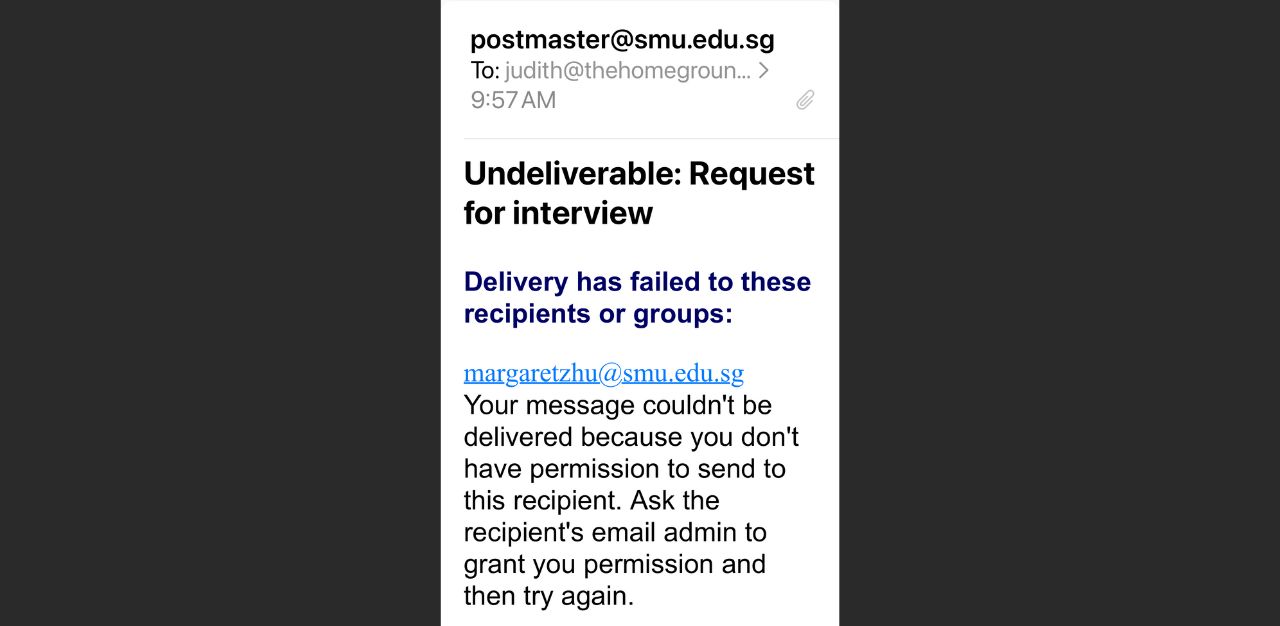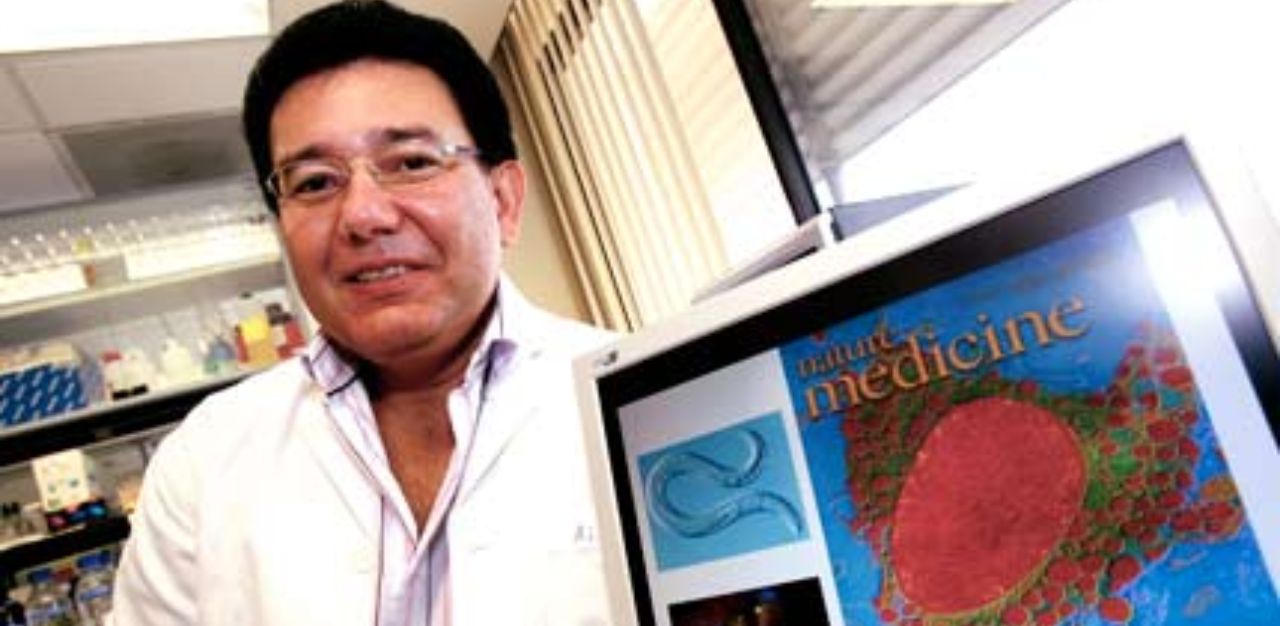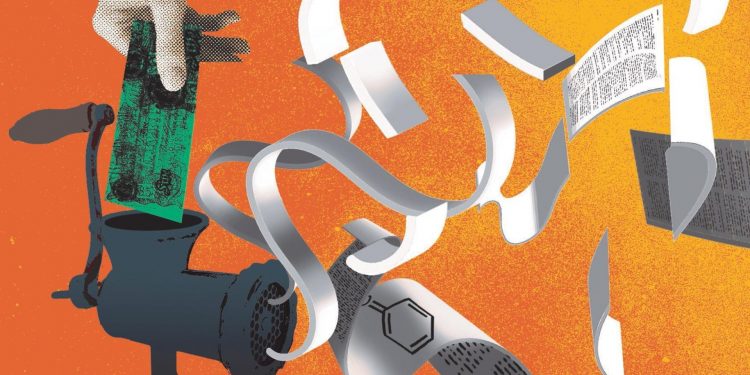She applied for a position with the Singapore Management University (SMU) and her appointment as an assistant professor of finance with the Lee Kong Chian School of Business was even announced in the institution’s newsletter.

But 11 months after working there, Ms Margaret Zhu is gone. Her profile had been deleted from the official SMU faculty website and emails sent to her bounced.

All this because the two academic papers in her resume, listed as conditionally accepted at Journal of Finance (JF) and Review of Financial Studies (RFS), were not. This alleged lie floated to the surface at a forum called Economics Job Market Rumors two weeks ago.
JF, a peer-reviewed academic journal published by Wiley-Blackwell on behalf of the American Finance Association, is considered to be one of the premier finance journals. Also a peer-reviewed academic journal, RFS is published by the Oxford University Press on behalf of the Society for Financial Studies and a premier finance journal.
Mr Chris Best, the founder and CEO of Substack, an American online platform that provides publishing, payment, analytics and design infrastructure, followed up with the two journals and found neither of the acceptances exist.
A spokesperson from SMU tells TheHomeGround Asia that the tertiary institution expects faculty to demonstrate integrity in their conduct.
“SMU adheres to strict standards in its faculty hiring processes as the quality of faculty at SMU is paramount to the University’s efforts in delivering a high quality education and conducting leading-edge research,” the university says.
In this particular case, SMU spokesperson says, “The University had sought to validate some concerns we had … and we concluded that some of the individual’s academic claims were not accurate.”

Zhu’s employment with SMU ceased with effect from 1 May and SMU will be reviewing “our vetting procedures on academic writing and address any gaps to prevent such incidents from recurring”.
But Zhu’s case of fraud is not the first or the only case of academic fraud among the tertiary education institutions in Singapore.
Academic fraud in medicine at the National University of Singapore, Nanyang Technological University
Perhaps the pressure to “publish or perish”, which steadily increased through the years to help in the rankings of local universities in international league tables such as the closely watched Times Higher Education World University Rankings, put Singapore at a far greater risk of academic fraud.

In 2014, it was revealed in a routine pre-appointment review at West Virginia University (WVU) that a former assistant professor at the National University of Singapore (NUS) Anoop Shankar did not have a doctorate degree, and did not graduate from the All India Institute of Medical Sciences in New Delhi.
According to his resume, he has a doctorate in epidemiology, graduated from India’s top medical school when he was 21, was a member of the prestigious Royal College of Physicians and had been awarded a “genius” visa to America.
But these credentials unravelled after WVU handpicked him in 2012 for the first endowed position in a new School of Public Health, which would have given him control over millions of dollars in federal funding and research grants.
Shankar was with the NUS’ Yong Loo Lin School of Medicine from 2005 to 2008, where he was part of the department of community, occupational and family medicine. There, he wrote several papers on topics such as diabetes, and was also part of a research programme looking into eye diseases in Singapore.
Associate Professor Koh Woon Puay of Duke-NUS Graduate Medical School, who stood by the three papers they had worked on together, was taken aback by the allegations as she had not found any reason to question his credentials then.
His current whereabouts are still unclear.
The 2011 case of immunology professor Alirio Melendez is thought to be the worst uncovered in Singapore, with NUS officials describing it as misconduct on an “unprecedented” scale.

It was only after an anonymous tip-off that the university convened a committee to look into the allegations in March 2011 and “uncovered evidence of fabrication, falsification or plagiarism associated with 21 papers, including the two in the original allegation”. He was found guilty of misconduct.
Although the committee has not released its full report, or listed the papers concerned, the university found evidence of plagiarism; ‘self-plagiarism’ from Melendez’s previously published papers; fabrication including making up data for an experiment, usually by manipulating images from another experiment; falsification or altering data such as by manipulating images of gels and micrograph; and mismanagement, which included failure to keep or safeguard adequate records.
By then Melendez had left for professorships at the universities of Glasgow and then Liverpool. He resigned from Liverpool University in November 2011 and according to his LinkedIn profile, he is currently a biomedicine professor at the King Khalil University in Saudi Arabia.
And just five years after the Melendez case, three scientists working at both NUS and the Nanyang Technological University (NTU) and funded by major government organisations were linked to scientific fraud in what could emerge as one of the biggest such cases in Singapore.

The trio were Professor Ravi Kambadur and researcher Sudarsanareddy Lokireddy, 54, who was with the Nanyang Technological University (NTU); Dr Mridula Sharma, who was associate professor at the National University of Singapore’s (NUS) Yong Loo Lin School of Medicine; and former NTU researcher Sudarsanareddy Lokireddy.
Their research focused on myostatin – a protein that regulates muscle growth in humans and animals, whose suppression the researchers claimed could keep people in “fat-burning mode” and let them shed kilos. It hailed as a breakthrough in the fight against killers such as obesity and diabetes.
Although NTU did not elaborate on how the falsifications were uncovered, it said that data from laboratory experiments had been falsified. This led to three myostatin papers published in 2011 and 2012 being retracted. Two other papers were corrected and another withdrawn prior to publication.
Three more papers published from 2012 to 2014, based on research funded by A*Star and the National Research Foundation (NRF), are now being retracted from the journals Molecular Endocrinology and Journal of Biological Chemistry.
According to their LinkedIn accounts, Prof Ravi is currently in the University of Waikato, New Zealand, while Dr Sharma is at Macquarie University in Sydney, Australia. Mr Sudarsanareddy’s present whereabout is unknown.
Join the conversations on TheHomeGround Asia’s Facebook and Instagram, and get the latest updates via Telegram.














